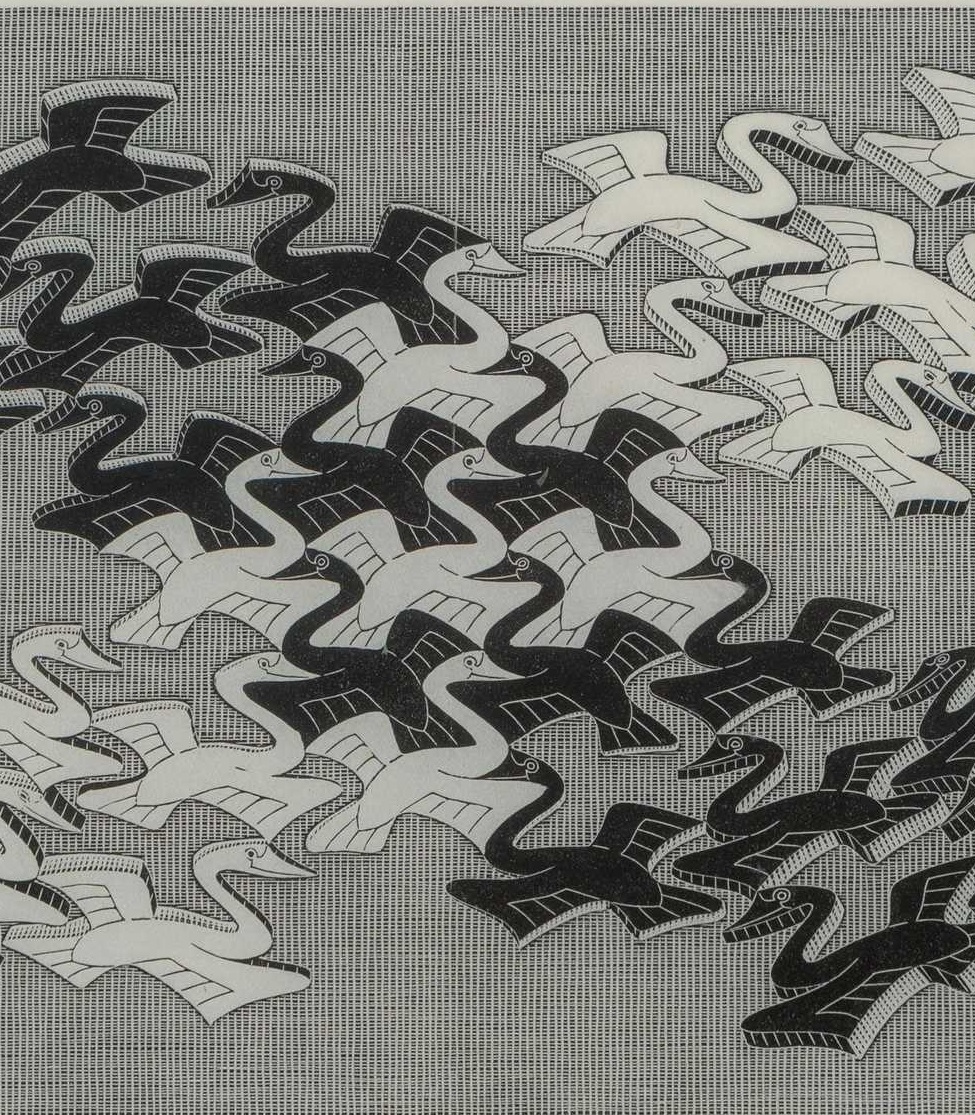This is a weekly thread in which we read through books on and related to imperialism and geopolitics. Last week’s thread is here.
The book we are currently reading through is How Europe Underdeveloped Africa. Please comment or message me directly if you wish to be pinged for this group, or if you no longer wish to be pinged.
This week, we will be reading the first section, “A General Overview”, of Chapter 2: How Africans Developed Before The Coming Of The Europeans - Up To The Fifteenth Century. This is roughly 15 pages.
Next week, we will be reading the second section, “Some Concrete Examples”, of Chapter 2: How Africans Developed Before The Coming Of The Europeans - Up To The Fifteenth Century.
Imperialism Reading Group ping!
Onto the second chapter of How Europe Underdeveloped Africa! I’m dividing the chapter in two, so week 2 and 3 will be on Chapter 2.
@RedDawn@hexbear.net @Cowbee@hexbear.net @kittin@hexbear.net @Sebrof@hexbear.net @TrippyFocus@lemmy.ml @OrionsMask@hexbear.net @0__0@hexbear.net @SummerIsTooWarm@hexbear.net @mbt2402@hexbear.net @BanjoBolshevik@hexbear.net @BodyBySisyphus@hexbear.net @NinjaGinga@hexbear.net @Test_Tickles@hexbear.net @luddybuddy@hexbear.net @Coca_Cola_but_Commie@hexbear.net @niph@hexbear.net @redline@lemmygrad.ml @glimmer_twin@hexbear.net @MF_COOM@hexbear.net @MiraculousMM@hexbear.net @StarkWolf@hexbear.net @StillNoLeftLeft@hexbear.net @BGDelirium@hexbear.net @THEPH0NECOMPANY@hexbear.net @devils_dust@hexbear.net @Ehrmantrout@hexbear.net @quarrk@hexbear.net @RaisedFistJoker@hexbear.net @Lemmygradwontallowme@hexbear.net @darkmode@hexbear.net @PaulSmackage@hexbear.net @FunkyStuff@hexbear.net @Babs@hexbear.net @PerryGirl@hexbear.net @Rojo27@hexbear.net @OgdenTO@hexbear.net @iie@hexbear.net @Wertheimer@hexbear.net @Blobber@hexbear.net @MLRL_Commie@hexbear.net @XxFemboy_Stalin_420_69xX@chapo.chat @CARCOSA@hexbear.net @cosmosaucer@hexbear.net @picayune@lemmy.zip @fxomt@lemmy.dbzer0.com @revolut1917@hexbear.net @lil_tank@hexbear.net @WellTheresYourCobbler@hexbear.net @sodium_nitride@hexbear.net @wheresmysurplusvalue@hexbear.net @lmfaMAO@hexbear.net @vovchik_ilich@hexbear.net @Lalutacontinua@hexbear.net @SockOlm@hexbear.net
Not to diss Michael Hudson’s more… analytical writing style, but both Lenin and Rodney are very readable, almost conversational.
Both are witty too. I laughed out loud at "Presumably, the only comment which one can make on that is ‘Amen’ " in the last chapter.
That’s what I thought when reading the first chapter. He spelled out historical materialism with such effective plain speak, and I found it inspiring, especially since I know I have a habit of sounding too “academic” whenever I try to talk about it.
Lenin can be so entertaining
Absolutely, this is a much more readable text.
Here we read
Looks Iike I finally caught a reading group in time to catch up. It’s a good one too (not to say the others aren’t).
Could you please add me to the ping list too?
Add me to the ping list please? I started Rodney a while back and would be happy to get back in.
If you can, add me to the ping list too (though Im already reading 2 other books in parallel, lol, so I dont know if I’ll catch up soon)
I am halfway through this section right now, and appreciating Rodney’s objective approach to the topic of development in Africa prior to European arrival. The treatment of the continent as a monolith is far too common an attitude even amongst those who are approaching the topic in good faith; Rodney reminds us that it’s absurd to think of one singular “African civilisation”, and that development across the continent varied across time and space as much as anywhere else in the world. His point about the need to break from the dogmatic “Marxist” conception of “Asiatic” and “African” modes of production is an important one.
Another observation I really appreciate is that non-durable evidence of development will mostly appear in the historical record as no evidence, with detailed wooden sculptures and the craftmanship that goes into them being an example he gives. It’s vital to remember how our understanding of ancient civilisations is entirely shaped by the archaeological tools at our disposal. As another example, the Indus River Valley civilisation was only really discovered in the 1920s, and its nature is still the subject of intense debate, long after the popular western historical narrative of ancient civilisation based on the Fertile Crescent that continues to dominate today had already been established. That’s partially because many scholars can’t divorce their thinking from that narrative, that in turn came about only because Mesopotamia is a far more obvious example in archaology and the written record (no written accounts survive, either from the Indus Valley itself or from outsiders). I feel like we must have barely scratched the surface of many societies that existed in the African past with the tools at our disposal and the work that’s been done.
Chris Knight, the anthropologist, also argues that humanity developed art skills well before cave paintings by painting on themselves on the African continent, and he has some good evidence of this. I think we’re still barely scratching the surface of hidden histories with our broadening acceptable answers (accepting that white people didn’t lead in literally everything in history). I wish I could see the studies of these places that will be available in 200 years!
Really enjoying this section. Rodney gets across complex topics in extremely readable and cogent ways, and that makes it incredibly rewarding to read.
Thank you for the ping! I was very late for the first chapter so i couldn’t read it, but hopefully i can catch up and complete both this week.
Rodney’s a great and clear writer, assuming you have the time it shouldn’t be too difficult!
Thanks! I’m looking forward to it. Ive been meaning to read this book for a long time anyway, but now I have an excuse and set goal for it :D
If anyone else is reading the Verso Books version of this (the one that this post has a photo of), are you noticing a bunch of basic spelling errors throughout? It’s a little frustrating. Did they not proofread?
I generally have worse luck with Pluto Books (their book on John Brown was unreadably typoed), but Verso occasionally puts out a stinker in this regard. Sometimes there are fact-checking errors, too, which really inhibits my ability to force these books on libs. Ilan Pappe’s Ten Myths About Israel gets the names of multiple U.S. political figures wrong, for example.
I read this version of the book when I studied it intensely for a reading group+large presentation to a few groups using this version. I took notes everywhere and fixed all of the typos I found lol. There are so many! My English spelling is fucked typing, but even I noticed it everywhere.
Great section. This discussion reminds me of another book, Africa and Africans in the Making of the Atlantic World where John Thornton describes the concept of “wealth” in Subsaharan Africa. In much of the continent land was plentiful so land was not the measure of wealth like Europe. Cattle was the larger measure of wealth. He differs from Rodney here and Thornton described the capture of humans during war as “slavery.” While they both talk about how slaves and their children were eventually added into their tribe, Thornton described that many wars were done for the purpose of expanding one’s tribal population. Thus when Portuguese and other Europeans started buying chattel slaves, they were tapping into an existing network of human capture (which ballooned like crazy due to European trade). I look forward to Rodney’s take on this in a later chapter.
I also appreciated the comment on how Africans largely preferred their own manufactured products to cheap European goods. Rodney rightly points to the scale of production as the developmental difference and I look forward to him discussing this more in another chapter. There’s obvious parallels to England’s deindustrialization of India.










